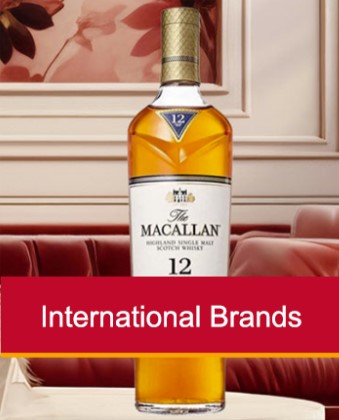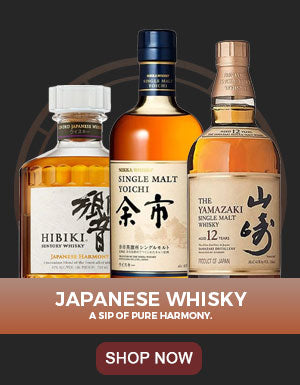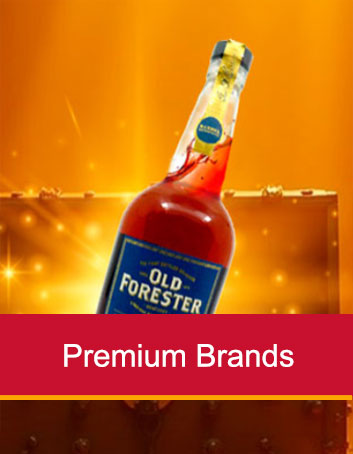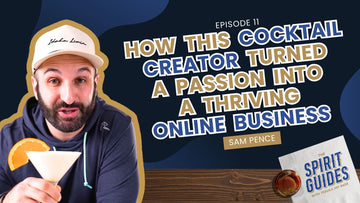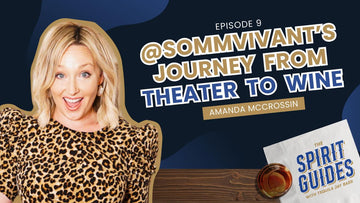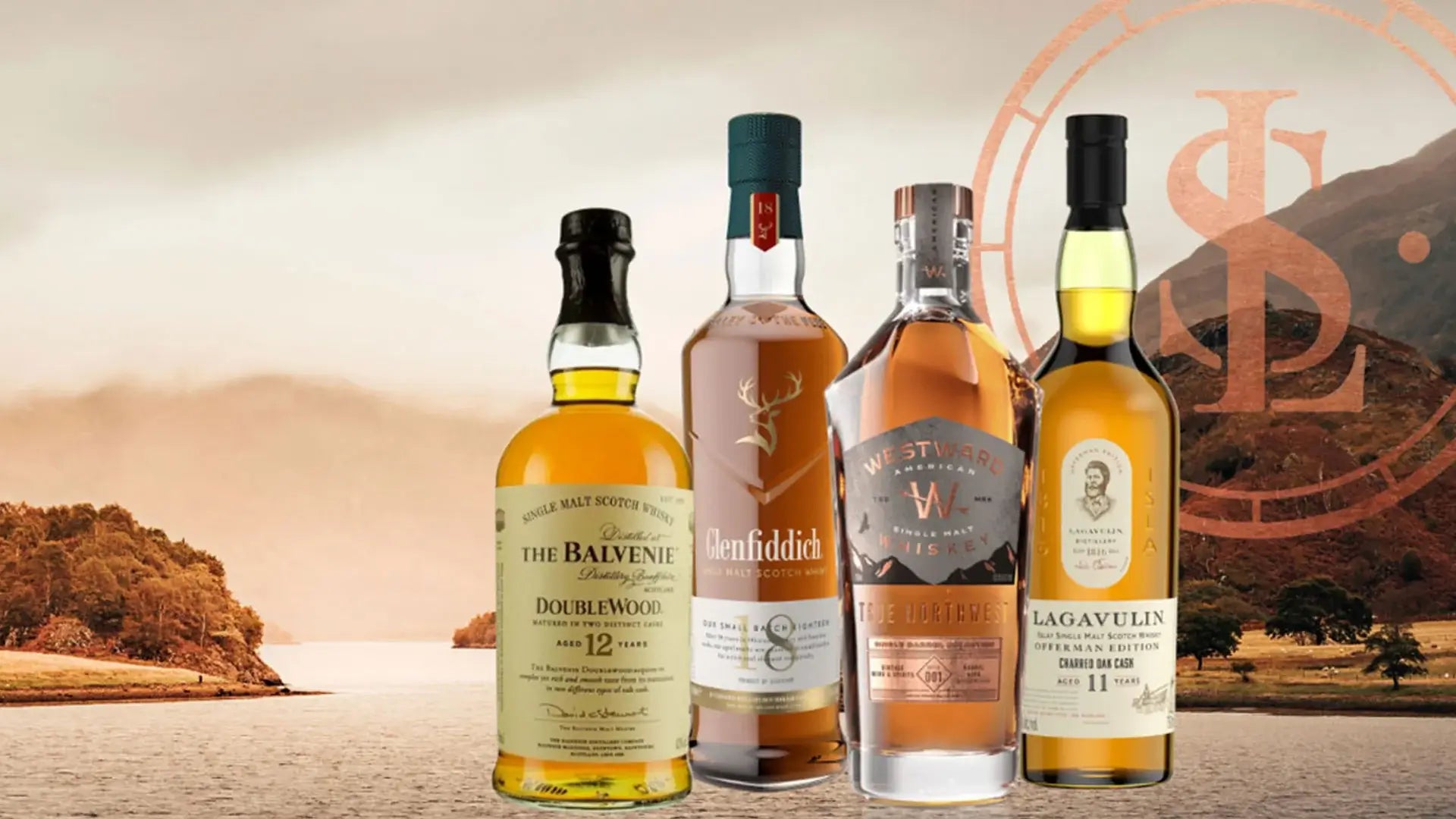Introduction
Why do some bottles say "whiskey" while others say "whisky"? The spelling difference isn't random—it reflects historical, cultural, and legal distinctions in the world of spirits. Understanding these nuances helps whiskey enthusiasts appreciate the deep-rooted traditions behind their favorite drinks.
In this guide, we’ll cover:
- The origins of the spelling difference between whiskey and whisky
- Countries that use "whiskey" vs. "whisky"
- The influence of branding and legal definitions
- Key differences between Irish whiskey, Scotch whisky, and bourbon whiskey
By the end, you’ll know how to spell it correctly based on origin and gain a deeper appreciation for the unique characteristics of each whiskey style.
The History of "Whiskey" vs. "Whisky"
The word "whiskey" (or "whisky") originates from the Gaelic term uisce beatha, meaning "water of life." As distillation spread through Ireland and Scotland, regional differences in spelling and production methods emerged.
Scottish and Irish Origins
Early distillers in both Scotland and Ireland used the term "whisky." However, in the 19th century, Irish distillers added an "e" to differentiate their smoother, triple-distilled spirit from the typically bolder, double-distilled Scotch whisky.
Standardization in the 19th Century
By the late 1800s:
- Ireland and the United States adopted "whiskey"
- Scotland, Canada, and Japan retained "whisky"
This distinction persists today, influencing both branding and legal standards.
Where "Whiskey" is Used
Ireland: The Birthplace of "Whiskey"
Ireland has a long history of whiskey production, known for its signature triple distillation process, which results in a smoother, lighter spirit.
Famous Irish whiskey brands:
- Jameson – The best-selling Irish whiskey worldwide
- Redbreast – A premium single pot still Irish whiskey
- Bushmills – One of the oldest whiskey distilleries in the world
United States: The Legacy of Irish Whiskey
Irish immigrants brought their whiskey-making techniques to America, influencing the production of bourbon whiskeyand rye whiskey. Today, most American distilleries use "whiskey" on their labels.
Popular American whiskey brands:
- Jack Daniel’s – A Tennessee whiskey with a signature charcoal mellowing process
- Maker’s Mark – A wheated bourbon whiskey known for its smooth profile
- Bulleit – Offers both bourbon and rye whiskey varieties
Where "Whisky" is Used
Scotland: The Home of Scotch Whisky
Scottish distillers never adopted the "e," maintaining "whisky" as their standard. Scotch whisky is usually double-distilled and often features smoky, peaty flavors, especially in Islay whiskies.
Major Scotch whisky brands:
- Glenfiddich – A Speyside single malt whisky with a rich and smooth taste
- Lagavulin – An Islay whisky famous for its deep smokiness
- Johnnie Walker – A globally recognized blended Scotch whisky
Canada & Japan: Following the Scottish Tradition
Scottish influence shaped whisky production in both Canada and Japan, where the spelling without an "e" remains standard.
- Canadian whisky, often referred to as "rye whisky," tends to be lighter and smoother. Notable brands include Crown Royal and Canadian Club.
- Japanese whisky follows Scotch whisky traditions, with major brands like Suntory and Nikka producing award-winning expressions.
Why the Spelling Difference Still Matters
Brand Identity & Marketing
The choice between "whiskey" and "whisky" isn’t just historical; it plays a significant role in branding. Some brands, like Maker’s Mark, use "whisky" despite being American to emphasize heritage.
Legal Definitions
Many countries have strict regulations governing whiskey production:
- United States: Bourbon must be made with at least 51% corn and aged in new charred oak barrels.
- Scotland: Scotch whisky must be aged in oak casks for at least three years and distilled in Scotland.
- Ireland: Irish whiskey must be distilled and aged in Ireland for at least three years.
Production Methods
Spelling differences often align with production techniques:
- "Whiskey" (with an "e") – Typically triple-distilled (Irish, American)
- "Whisky" (without an "e") – Usually double-distilled (Scottish, Canadian, Japanese)
The Future of Whiskey & Whisky
The global whiskey and whisky market continues to evolve, with new regions emerging as major producers, including India, Taiwan, and Australia. Innovative production techniques, cask finishes, and small-batch distilling are reshaping the industry.
As whiskey culture expands, appreciation for different styles, aging processes, and regional characteristics is growing. Whether you prefer the rich smokiness of an Islay Scotch, the caramel sweetness of a Kentucky bourbon, or the smooth elegance of an Irish whiskey, there’s something for every palate.
Conclusion: Whiskey vs Whisky – Which One Should You Use?
The answer depends on origin:
- "Whiskey" is used in Ireland and the United States.
- "Whisky" is used in Scotland, Canada, and Japan.
Beyond spelling, what matters most is quality, craftsmanship, and history. Whether you enjoy a peaty Scotch, a smooth Irish whiskey, or a bold bourbon, each bottle tells a unique story.
Recommended;
https://lovescotch.com/blogs/the-lovescotch-blog
https://lovescotch.com/blogs/the-spirit-guides/

